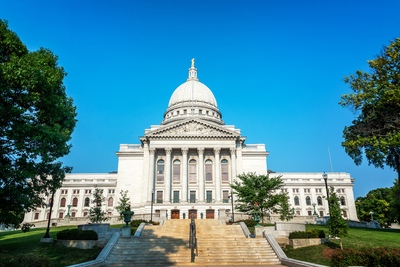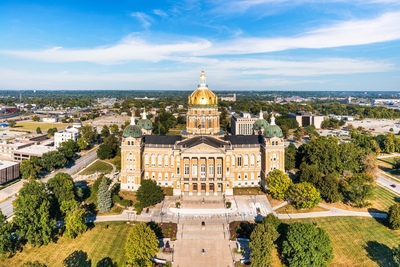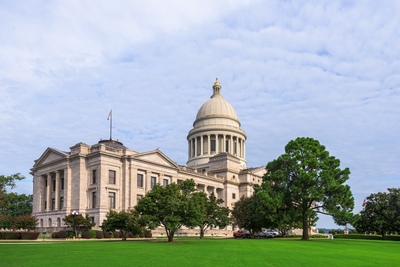
Elections & Campaigns
2026 State Elections Could Reshape Trifecta Control (States to Watch)
February 5, 2026 | Bill Kramer
June 7, 2018 | Ainy Akhtar

On Tuesday, the voters in District 29 recalled California State Senator Josh Newman (D) from office. The Republican Party of California targeted Newman for a recall campaign after Newman voted for legislation last year (CA SB 1) that increased the state’s gas tax and vehicle fees to help pay for a road and transportation improvement package. Last August, Newman’s opponents successfully collected enough valid signatures to trigger a recall election and Governor Jerry Brown (D) designated June 5, 2018, as the date for that election to take place. And on Tuesday, the voters in District 29 decided to recall Newman from office, with 59 percent in support of the recall, and replace him with
The approach states take to the recall procedure can vary. For example, in 2010, after the state’s two most recent governors were convicted of felonies, voters approved a legislatively-referred constitutional amendment, named the Illinois Governor Recall Amendment (also known as House Joint Constitutional Amendment 31). This amendment allows voters to recall the governor in Illinois. Before a petition to recall the governor may commence in Illinois, 20 state representatives and 10 state senators must sign a notice of intent to recall the governor. To avoid partisan attacks, the legislators signing the notice must equally represent members of two established political parties.
Virginia, unlike other recall states, requires specific grounds for recalling elected officials. After citizens vote to recall an official, the Virginia Circuit Courts hold a trial to decide if the official had a “material adverse effect upon the conduct of the office.”

The 20 states which authorize the statewide recall process include Alaska, Arizona, California, Colorado, Georgia, Idaho, Illinois, Kansas, Louisiana, Michigan, Minnesota, Montana, Nevada, New Jersey, North Dakota, Oregon, Rhode Island, Washington, Wisconsin, and Virginia.
States hold substantial control over the independent actions of localities within its borders. However, a substantial number of states have authorized localities to recall local officials. These powers range from broad to extremely narrow. According to our count, 35 states allow localities to recall local officials in some capacity.

February 5, 2026 | Bill Kramer

February 4, 2026 | Maggie Mick

January 23, 2026 | Andrew Jones